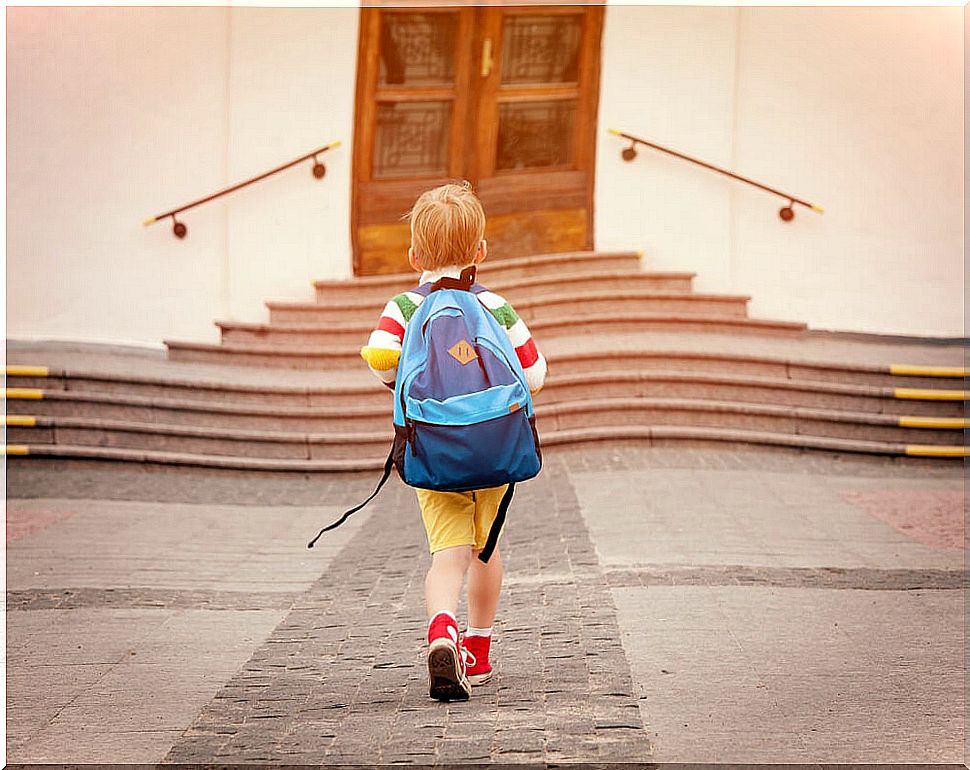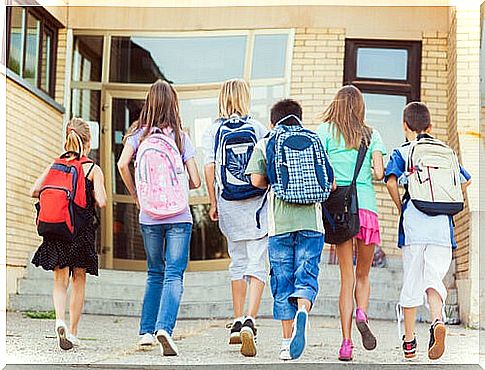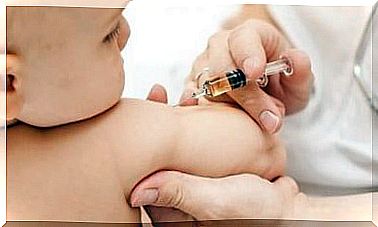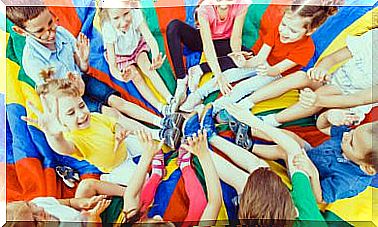Post-vacation Syndrome In Children

The end of summer is approaching and with it the return to routine. After two months without school, without fixed schedules or responsibilities, it is possible that the little ones find it difficult to adapt to change. Post-vacation syndrome in children is a fact that affects a small percentage of them but that may require some attention.
Adaptation to change
Going home after the holidays is a change for all members of the family. The schedules, the food, the activities change. More flexible schedules and lifestyles are adopted during the summer, and getting back into the school routine can be difficult.
Faced with this need to adapt to new routines, some physical and emotional symptoms may arise : the so-called post-vacation syndrome. Although the percentage of adults who suffer from it is higher than that of children, some of the latter also have to face it.
Post-vacation syndrome in children
Post-vacation syndrome in children presents with physical symptoms such as fatigue, poor appetite, upset stomach with vomiting or diarrhea, and sleep disturbances or insomnia. It also produces emotional symptoms such as irritability, crying, sadness or episodes of distress.
Due to all of the above, the child may show behavioral alterations such as rejection of school or lack of concentration in class. The effects of post-vacation syndrome usually last a few days and fade as the school routine begins.

If the situation persists for more than two or three weeks, it would be advisable to go to a specialist to help us determine what happens. It will be necessary to rule out an adjustment disorder that may be caused by more serious situations such as bullying , social or academic difficulties.
Keys to avoid post-vacation syndrome in children
Although post-vacation syndrome is common and disappears within a few days of starting the course, there are some guidelines that we can follow to help motivate children to face going back to school with optimism. Especially if our child is very young or if we have detected that it is difficult for him to cope with the change, we must intervene to help him.
Gradual change
To make the transition easier, it is convenient to spend some time gradually rearranging the schedules. It is not advisable to return from vacation just before returning to school. It is preferable to modify routines a week in advance, trying to adapt them to future school hours.
Start eating meals, snacks, dinners and baths at set times. And, above all, adapt the sleep schedule. Advancing bedtime ten minutes each day will help them not to notice such an abrupt change when they go to school.
It is also advisable to do a review of the content of the previous course during the summer. If children have homework, it is preferable that they do a small amount each day, rather than doing everything at the beginning. If not, we can suggest some exercises or buy summer booklets. In this way, they do not completely lose their rhythm and we will prevent them from feeling some insecurity when returning to class.

Positive attitude
The attitude we adults adopt towards the end of the holidays is important. If we convey negativity and overwhelm to children, they will feel the same. It is preferable to convey to them the illusion of returning to our home, to their bed, to their toys.
We have to highlight the good things about going back to school, such as being able to meet up with their friends and tell each other about the experiences of the summer, or to do that extracurricular activity that they like so much.
Buying and preparing school supplies together can also help them acclimatise back to the routine. Buy the backpack, the case, the notebooks or cover the books. Make him participate in this activity and try to make him live it with enthusiasm.
Make yourself available
If the little one still shows great reluctance or refusal to go back to school, try talking to him. Listen to their motives without judging them and without downplaying their feelings. Explore if he feels anxiety about the difficulty of the new course, because he receives bad treatment from a classmate or teacher, and offer your help.










